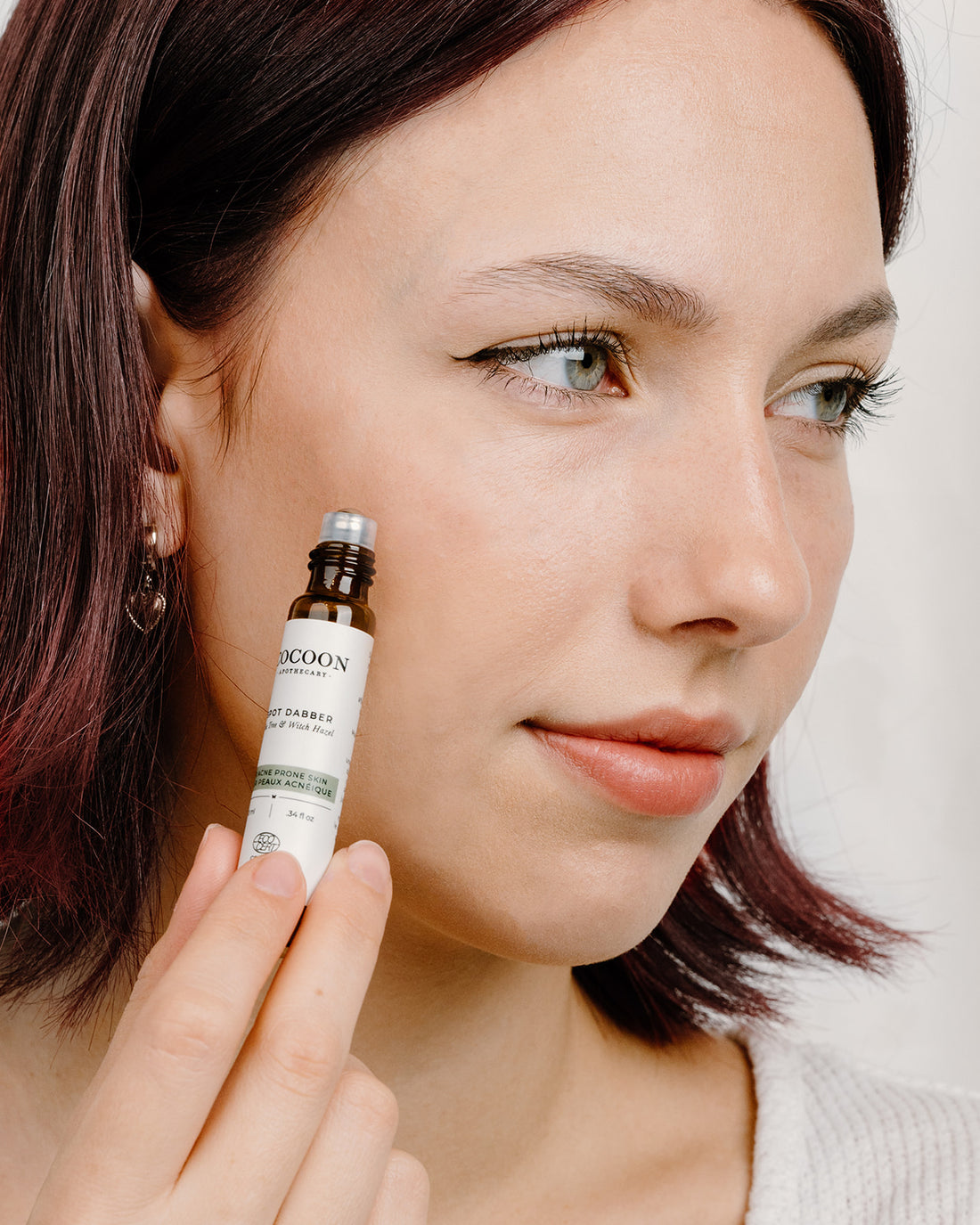The amount of people claiming to have sensitive skin is growing. In some regions it's 91% of skincare users. Sometimes I wonder if it's more about products having the wrong ingredients rather than people having sensitive skin.
Sensitive skin can be defined as skin that is susceptible to inflammation with burning, itching, stinging or pain from applying products. It creates redness and rough textured skin and appears frequently in the facial area due to the fine pores and limited lymphatic flow which makes it difficult for toxins to escape softly. But sensitive skin suffering can exist anywhere on your body such as scalp; chest, neck and upper back.
Skincare should be soothing. It should not burn, or make your face red and irritated. Harsh detergents and high percentages of chemical exfoliants, fragrance, certain preservatives and actives are the usual culprits. That's where natural ingredients come in. They are suitable for sensitive skin because they contain many of the substances found in our skin naturally and have active properties in lower doses while still remaining effective (I would argue more effective).
When your skin endures exposure to harsh chemicals on a daily basis, it has to fight extra hard to keep everything in balance. This extra effort to fight inflammation contributes to premature aging called 'inflammaging'.
It's important to find skin care products that work for you and that you can use daily. A good skin care product should feel cooling and soothing from the moment you apply it to your skin. It shouldn't burn, itch, or make your skin red. If it does, that's a sign that it's not the right product for you. Remember, good skin care is a marathon, not a sprint. So take your time, find the right products, and be patient. Your skin will thank you.

